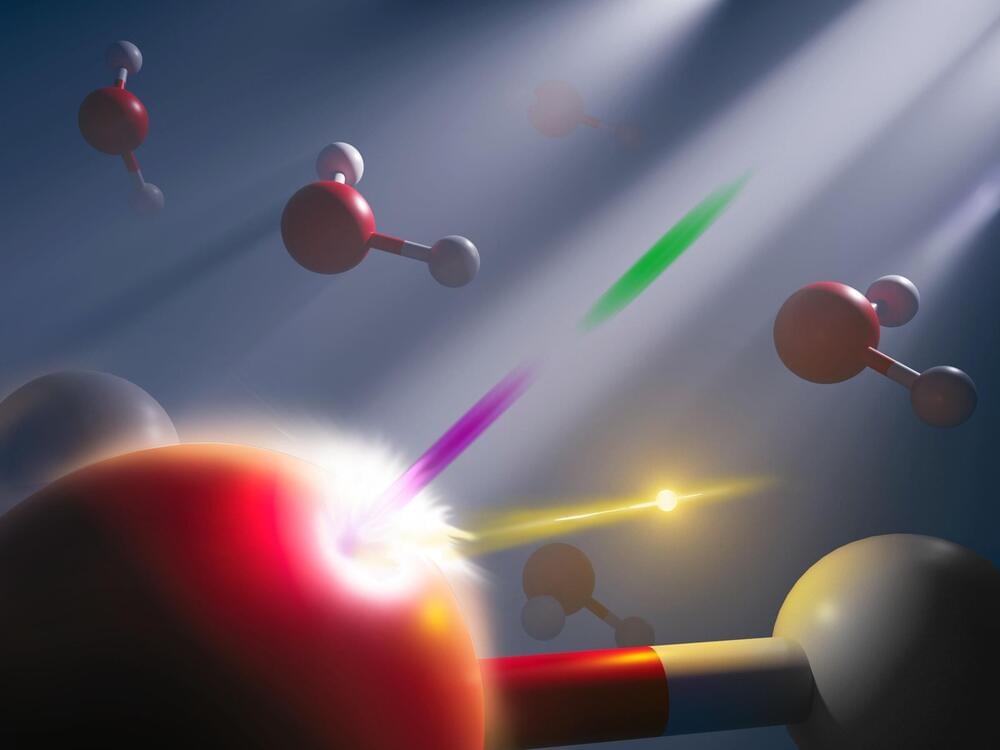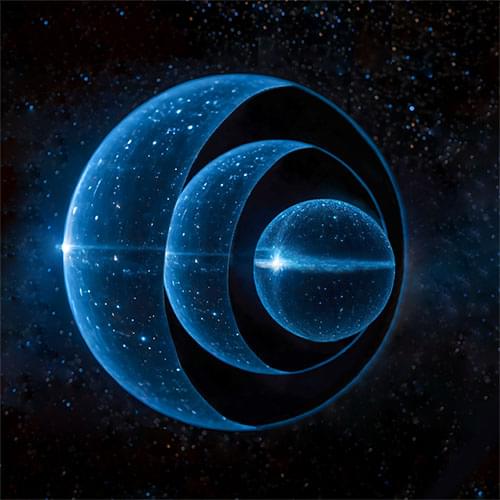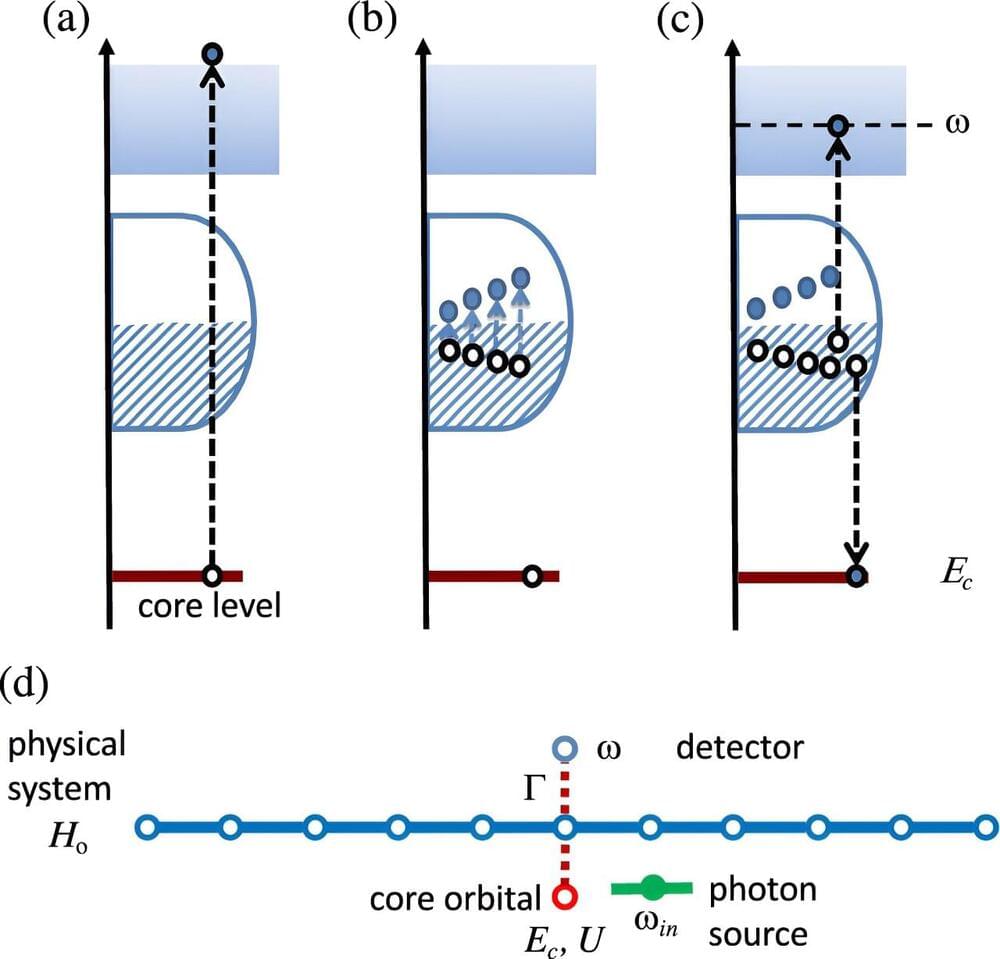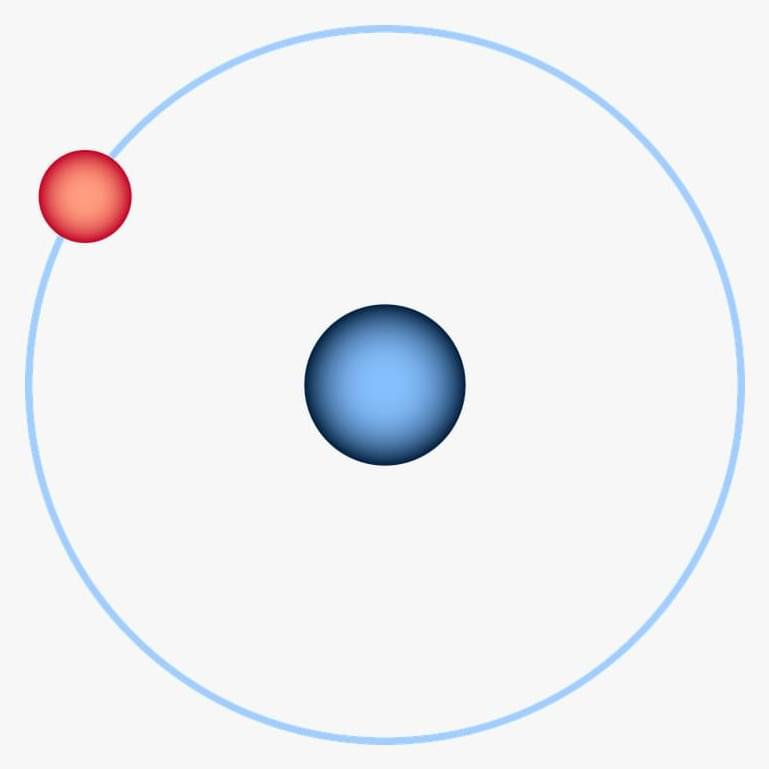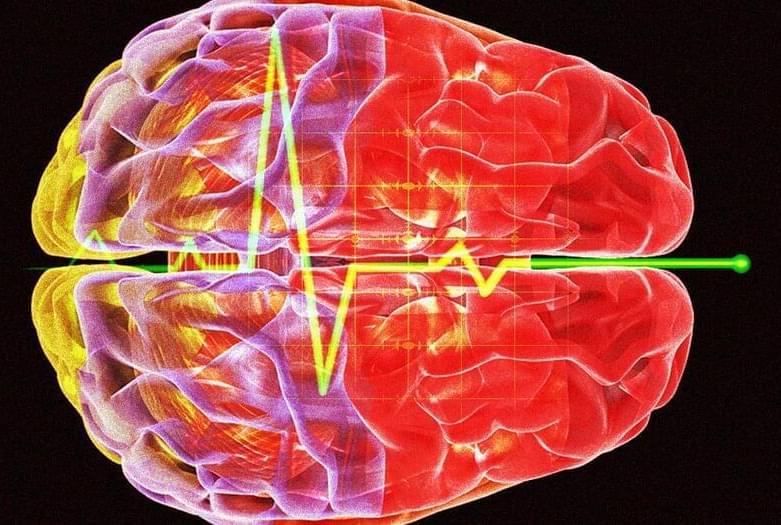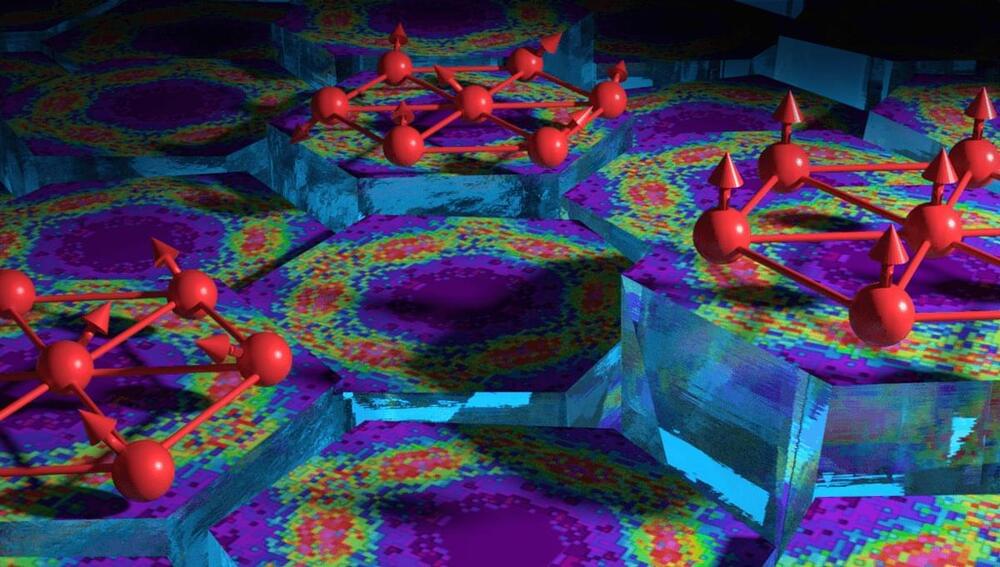In an experiment akin to stop-motion photography, scientists have isolated the energetic movement of an electron while “freezing” the motion of the much larger atom it orbits in a sample of liquid water.
The findings, reported in the journal Science, provide a new window into the electronic structure of molecules in the liquid phase on a timescale previously unattainable with X-rays. The new technique reveals the immediate electronic response when a target is hit with an X-ray, an important step in understanding the effects of radiation exposure on objects and people.
“The chemical reactions induced by radiation that we want to study are the result of the electronic response of the target that happens on the attosecond timescale,” said Linda Young, a senior author of the research and Distinguished Fellow at Argonne National Laboratory.
